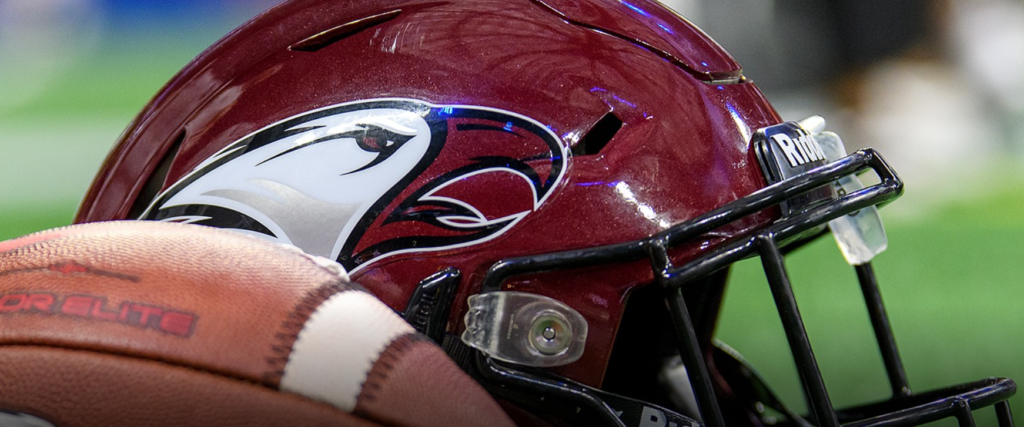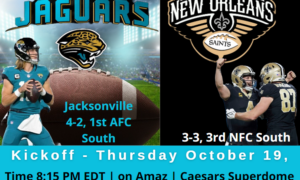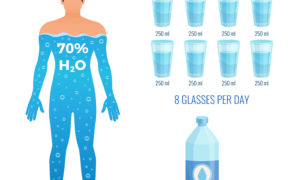Impact of NIL on HBCU’s How I see It!!!
HBCU’s: Historically Black Colleges and Universities, are already facing financial and recruitment challenges, and the new NIL rules have only added to their struggles. Based on my understanding from what I hear from the recruiters point of view, NIL players are recruited just like anyone else in the program. NIL just gives the athlete the NCAA’s blessings to take advantage of their talent Off/field/court/ect… turns the athlete into a “Business”. If you are playing for money at an NCAA program, you should let the program know why. If you can afford to play for that organization under your financial package, you should also let them know.
Things To Note:
The NCAA places a cap on the number of student-athletes that participate in a given sport at a particular school, who are eligible to receive institutional aid. The NCAA has imposed penalties on schools for providing impermissible financial aid that exceeded the full cost of attendance for athletes.
So much for “Financial AID?”.
NCAA athletes receiving payments for NIL may have federal, state, and potentially local income tax filing. Income received for use of NIL could jeopardize an NCAA athlete’s eligibility for need-based financial aid. Athletic scholarships may not cover all student fees, and also may not cover things like parking fines, a single room in the dorm, library fines or late fees, etc. Any student-athlete who receives any amount of athletic financial aid is considered a “counter” per NCAA rules. Once a student-athlete is considered a “counter” there are situations in which other types of financial aid may be required to be “counted” as athletic financial aid.
That’s when i believe it starts getting into a legal battle for the institutions supporting NIL players.
One suggestion has been to give players bonuses for reaching a bowl or the NCAA tournament. Another suggestion is to allow athletes to earn money outside of competition, such as doing commercials or autograph sessions, similar to the model that Olympic sports have been using.
My suggestion is to provide the athlete an education first!!!
Values such as socioeconomic, racial, and ethnic diversity, personal and social responsibility, and cultural understanding are more emphasized in HBCUs, especially those with a good D1 program.
HBCUs offer a unique community of support and understanding among faculty and students, and a focus on African American students does not mean a restricted cultural experience. HBCUs and HSIs educate students of all races, ethnicities, and cultures from around the world.

HBCU’s are institutions of higher education in the United States that were established before the Civil Rights Act of 1964 with the intention of primarily serving African Americans. Most of these institutions were founded during the Reconstruction era and are concentrated in the Southern United States.























